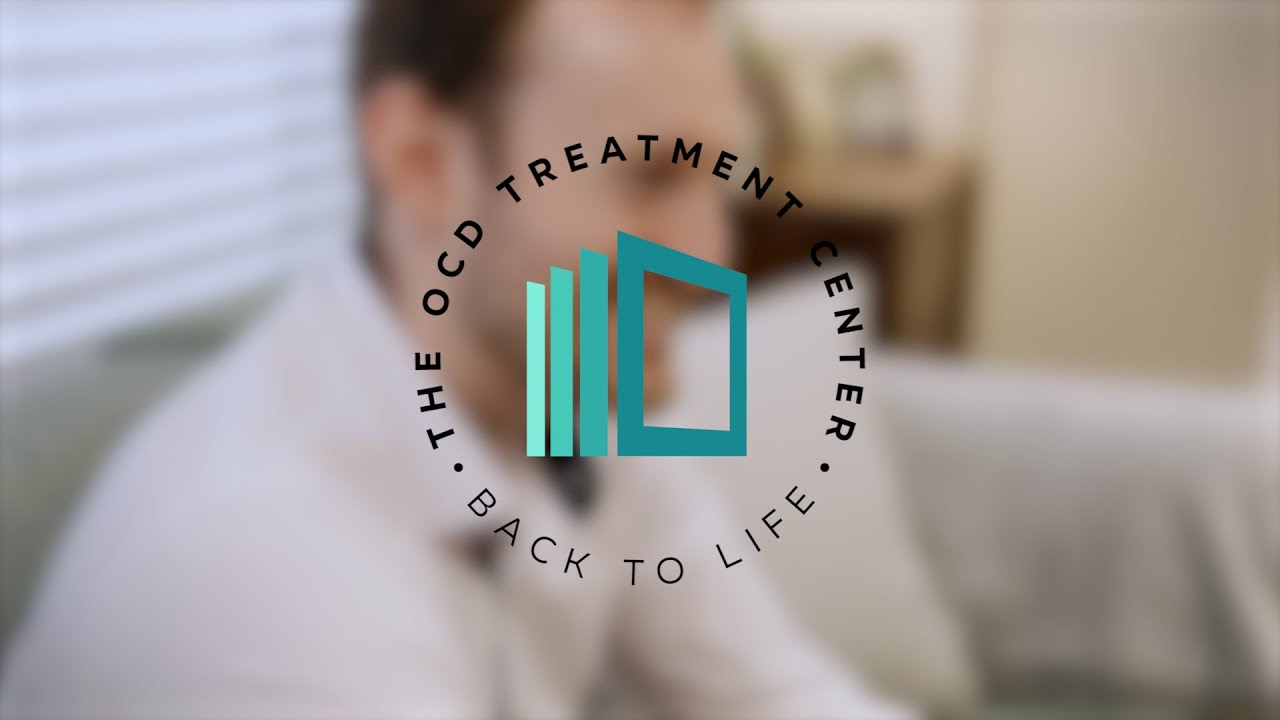It is not uncommon for our potential clients or their families to reach out because they have seen “astounding” or “miraculous” reviews from past clients talking about how our program has dramatically changed their lives. Or they read about how we are able to take someone from severe or extreme experiences of OCD to what is known as “subclinical” (OCD recovery) within our three week intensive treatment program. With the framework and tools that our founder, Bradley Wilson has created this is possible. BUT this is only possible with what we call “The Missing Ingredient”. We would like to help you understand what this is and why it is crucial for the success that our past clients have achieved.
What is the Missing Ingredient?
This missing ingredient that will make or break someones recovery from OCD is their willingness to want help, motivation to get the help they need, and the commitment to recovery. This is the missing ingredient that has supported each success story on our Google Reviews. This is why they have achieved that level of recovery and have gone from severe or extreme OCD to full recovery.

Why does the Missing Ingredient matter so much?
We often get this question from family members that are desperately wanting to get their son/daughter, or loved one help for OCD. It is not uncommon that other members of the family are reaching out to us wanting to schedule an assessment, appointments, or an intensive treatment program without the knowledge or consent of the individual suffering from OCD. This usually happens because of the impact OCD is having on their lives and the lives of their family. As a team of individuals that have suffered from OCD or have been impacted by OCD in some way, we completely understand how overwhelming it can be to be living with OCD in the household. Unfortunately, although a loved one could want the individual with OCD to get the help they need, until the individual suffering from OCD is here, there is no treatment. OCD Recovery is not possible if the individual suffering from the condition is not ready to get help, doesn’t want help, or isn’t ready to commit to their recovery.

This is why the Missing Ingredient is crucial for true OCD Recovery
Without the client having personal reasons, motivating factors, and goals for the future, it is incredibly difficult to get them to want or need recovery from OCD.
We relate the missing ingredient to the final ingredient of a recipe. Without it, the recipe will not come together or work and with it, you can create the most amazing dishes. It is that crucial to the success or failure of the recipe.
What to do if your child or loved on is not ready to get help or doesn’t want help at this time?
It is our professional and personal opinions that if an individual is not ready for treatment that you wait until they are. We understand that this can be incredibly frustrating, concerning, and that you are eager for your child or loved one to get help for OCD but until this missing ingredient is here, there is no treatment or recovery.


Why can’t you treat OCD without the Missing Ingredient?
This is a great question. The reason that recovery and treatment is not possible without the individual having the motivation, determination, and commitment to recovery is because when it comes to exposure therapy, and exposure and response prevention (ERP), it only works with the individuals buy into the therapy. Exposure Therapy and Exposure Response Prevention are incredibly challenging forms of treatment for some individuals. Exposures can be very confronting because they are purposely targeting your fears and triggering them so that you will habituate or become desensitized to the fear or obsessional trigger.
What will happen if you move forward with treatment and someone doesn’t have the Missing Ingredient?
This is another great question. Unfortunately, what usually happens when someone does’t have the missing ingredient is that they will eventually no longer want to come to their therapy sessions, will reach a plateau, or will want to drop out of the intensive treatment program. The reason for this is usually because they were doing treatment for their family members or loved ones rather than themselves. As a result, they will go so far with exposure therapy but once they reach their limit on how far they are willing to go, they will stop treatment. It is also not uncommon that they become resentful towards those that have “forced them to do treatment”. Unfortunately when this happens, it creates the worst possible outcome for all parties. Usually those paying for the treatment are disappointed because of the funds spent, the individual suffering from OCD is worn out, overwhelmed, and still suffering from severe or moderate OCD, and the therapist is out the energy and effort and investment in the client to help them get to recovery.
Assessing for The Missing Ingredient

Throughout the years of working with clients, we have experienced the unfortunate fallout as a result of a client not having the missing ingredient. Unfortunately, even with doing the most throughout assessment we can do to try and ward off the likelihood of this happening, it is still possible that the individual suffering from OCD will say everything that we want to hear to qualify them for the program.
It is our goal to fully assess a client to determine if they have the missing ingredient. We are continually refining our assessment process to ensure that we only let clients into our treatment center that are full onboard with recovery and treatment.
Does every client need to have The Missing Ingredient?
In an ideal world, the answer would be yes. Know that for some clients, they will be able to find their missing ingredient through other people, relationships, values, commitments, or goals for the future.
Know that we can work with someone to continue to help them find their reasons for recovery. We do not need them to be perfect in this area but we do need them to have a buy into the program and to their recovery. Without that, there is very little we can do to help them.


Can I force my loved one into Treatment?
Although this is possible, especially with younger clients, we do not advise this. It is not uncommon for us to be contacted by a parent that has been repeatedly trying to get their child into treatment. Oftentimes, what can result for this situation is an aversion to getting help or doing OCD therapy. It can even happen when the individual realizes they actually need help.

